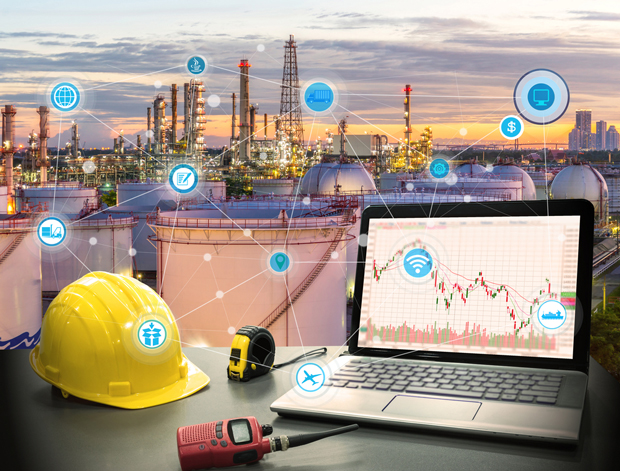
Nov 07, 2024

The global smart construction market has emerged as a pivotal focus area for the construction industry, paving the way for progress through the integration of technologies, sustainable practices, and digital tools. This innovative approach to building has revolutionized the way buildings are designed, constructed, and operated, meeting efficiency, safety, and sustainability standards across various industries worldwide.
The evolution of smart construction solutions not only impacts building structures but also transforms urban landscapes, from residential properties to commercial high-rises. With cities expanding and the demand for advanced construction techniques rising, the market is projected to reach $38,671.7 million by 2024, with a compound annual growth rate of 10.4%.
Transpire Insight believes, Breakthrough technologies such as automation, artificial intelligence, the Internet of Things, and advanced robotics have spearheaded the shift towards smart construction, defining the future of the industry. These technological advancements enable builders to monitor and optimize construction sites in ways previously unimaginable, with sensors providing real-time data on structural integrity and energy efficiency.
The emphasis on data-driven decision-making leads to reduced waste, shorter construction timelines, and improved overall quality, making smart construction an appealing solution for the future. Sustainability is a key feature of smart construction, as the integration of smart technologies enables better energy monitoring and resource management, promoting greener construction practices.
Safety has always been a top priority in the construction sector, and smart construction is playing a significant role in enhancing safety measures. The application of artificial intelligence and robotics helps minimize human exposure to hazardous conditions on-site, reducing the risk of accidents, as per Transpire Insight.
Wearable devices equipped with health monitoring capabilities provide real-time alerts to workers in case of potential dangers, such as extreme temperatures or unsafe machinery. By mitigating risks and increasing productivity levels, smart construction ensures projects progress smoothly and are completed without incidents.
The evolution of smart construction solutions also calls for a skilled workforce equipped with knowledge of robotics, AI, and data analysis, creating new training opportunities for workers at all levels in the industry. As more construction companies adopt smart technologies, the demand for skilled professionals in these fields continues to grow.
The trend towards smart construction is not only transforming the way buildings are constructed but also reshaping the entire construction industry. This trend promotes a diverse workforce by opening up opportunities for individuals with new skill sets and backgrounds. The increasing number of smart cities worldwide is a key driver of the smart construction market. As urbanization continues to expand globally, cities are seeking ways to incorporate technology into infrastructure to enhance living conditions and promote sustainability. From smart traffic systems to integrated building management solutions, the concept of the smart city is rapidly becoming the norm rather than the exception. The construction industry is playing a crucial role in meeting the demand for advanced and intelligent construction practices that are essential for creating integrated and efficient spaces within cities.
Beyond the realm of smart cities, industries such as healthcare, education, and retail are also embracing smart construction practices. New designs focused on enhancing energy efficiency, security, and overall operational efficiency can be observed in modern hospitals, schools, and shopping centers. In healthcare facilities, autonomous systems are being utilized to monitor patients' health status and adjust lighting and climate control settings to ensure their comfort while maximizing energy efficiency.
Smart construction is revolutionizing how we perceive and interact with the spaces where we live, work, and socialize. The Global Smart Construction Market, as identified by Transpire Insight, is driving significant changes in the construction industry by emphasizing technologies such as automation, artificial intelligence, sustainability, and safety. These technologies are leading the industry towards a more efficient, sustainable, and connected future.
The future of smart construction holds immense potential for transforming the built environment, the workforce, and urban planning. With continuous advancements in technology, smart construction is poised to foster growth and integration into mainstream practices, serving as a pivotal force in shaping the infrastructures of tomorrow.
The promises of smart construction are vast, offering exciting prospects for the construction industry to evolve and adapt to the changing landscape of technology-driven innovation. As smart construction continues to evolve, it is clear that it will remain a key driver of progress in creating efficient, sustainable, and interconnected infrastructures for the future.
Drop us an email at:
Call us on:
+91 7666513636